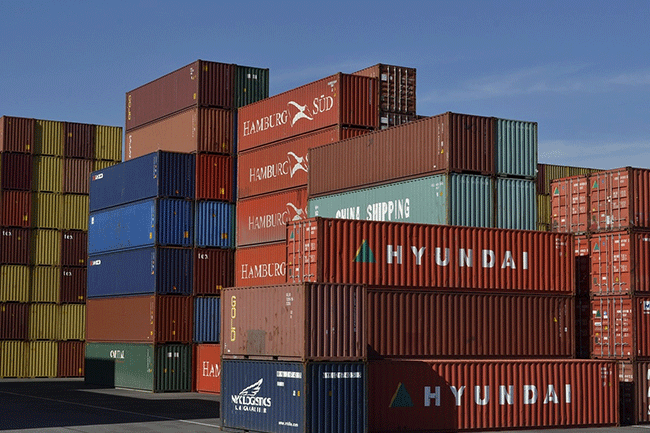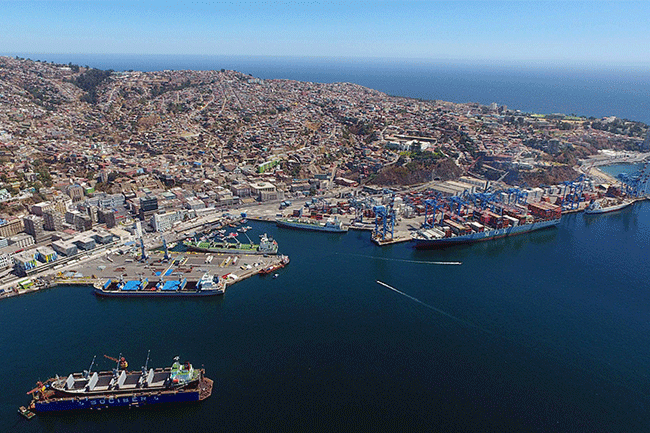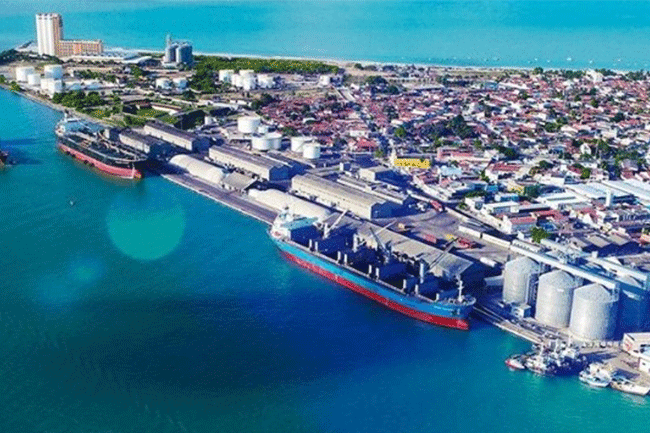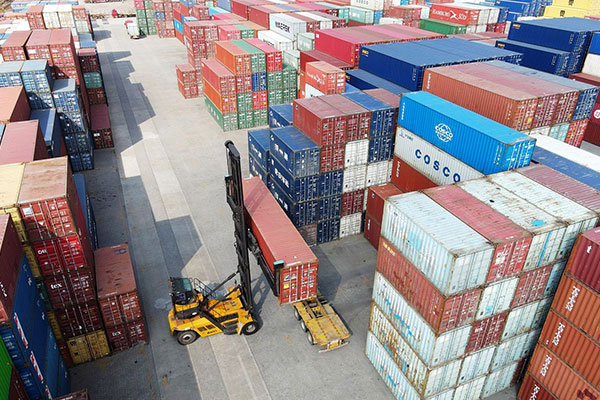- Shanghai Zhongshen International Trading Co., Ltd. – Your reliable partner with 20 years of import/export agency service expertise.
South Korea's K-REACH law is restricting lead compounds and benzene use. Discover the health and environmental risks of these chemicals and how new regulations impact manufacturers. Ensure compliance.
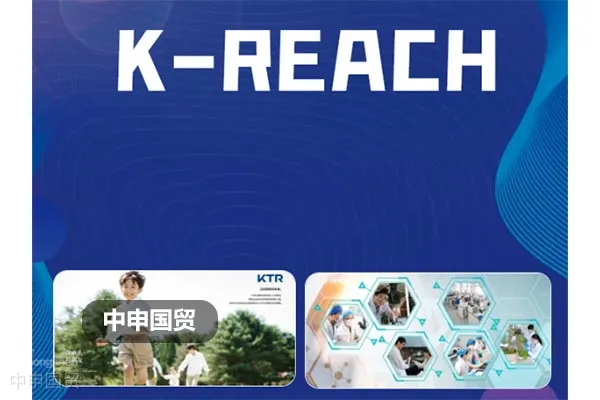
I. Definition and Implementation of Restricted Substances
According to Article 27 of South Koreas K-REACH Act, if a chemical substance is determined to pose significant hazards in specific applications, it will be listed as a restricted substance and prohibited for those uses.
The Ministry of Environment of South Korea plans to adopt a public - participation approach in policy - making. It will solicit opinions from relevant enterprises and jointly participate in the discussion to ensure the fairness and impartiality of the policy - making process.
II. Basic Substance Information of Substances Intended to be Designated
The relevant substances and their restricted uses are as follows
| Substance | Current Regulations | Contents of Discussion on Restricted Substances |
|---|---|---|
| Lead compounds (CAS: 78-00-2, etc.) | Toxic Substance (97 - 1 - 9) - Content Standard: Above 0.3% | Content Standard: Above 0.009% (Newly Set) Restricted Use: For Paint and Coating (Newly Set) |
| Benzene CAS: 71-43-2) | Toxic Substance (97 - 1 - 99), Accident Response Substance (#5) - Content Standard: Above 85% | Content Standard: Above 0.1% (Newly Set) Restricted Use: For Paint and Coating (Newly Set) |
The hazard information of lead compounds and benzene is as follows
| Substance Name (CAS Number) | Hazard Information (Source: National Institute of Environmental Science of South Korea) | Remarks |
|---|---|---|
| Lead Compounds | Acute Oral Toxicity: Category 4 Acute Inhalation Toxicity: Category 4 Reproductive Toxicity: Category 1 Target Organ Toxicity - Repeated Exposure: Category 2 Hazard to Aquatic Environment (Acute and Chronic): Category 1 | Some Compounds Carcinogenicity: Category 1 or 2 Target Organ Toxicity - Repeated Exposure: Category 1 |
| Benzene | Flammable Liquid: Category 2 Skin Corrosion/Irritation: Category 2 Serious Eye Damage/Irritation: Category 2 Carcinogenicity: Category 1 Mutagenicity: Category 1 Target Organ Toxicity - Repeated Exposure: Category 1 Inhalation Hazard: Category 1 Chronic Hazard to Aquatic Environment: Category 2 |
III. Lead and Benzene
Benzene is a volatile and carcinogenic chemical substance present in coatings, which may pose a threat to the environment and human health.
The Ministry of Environment of South Korea plans to restrict benzene contained in coatings to improve the safety and health of the living environment.
Research shows that lead and its compounds have potential impacts on the nervous system, digestive system, and blood system, especially more severely on children. Therefore, strict restriction policies on the use of lead and its compounds have been adopted worldwide.
Lead compounds are still widely used in coating production, mainly because some lead - containing compounds have the functions of drying and catalyzing, which improve the performance of coatings. Therefore, the substitution of lead - containing coatings needs to be further promoted.
Related recommendations
- Hidden clauses and risk control in the export equipment agency agreement
- How to ensure that the equipment export agency agreement truly protects the enterprise's rights and interests?
- What are the key clauses that must be included in an equipment export agency agreement?
- How to Mitigate Compliance Risks for Semiconductor Equipment Export Agents? | Professional Export Services
- Legal Boundaries and Liability Allocation in Equipment Agency Export Agreements
? 2025. All Rights Reserved.
